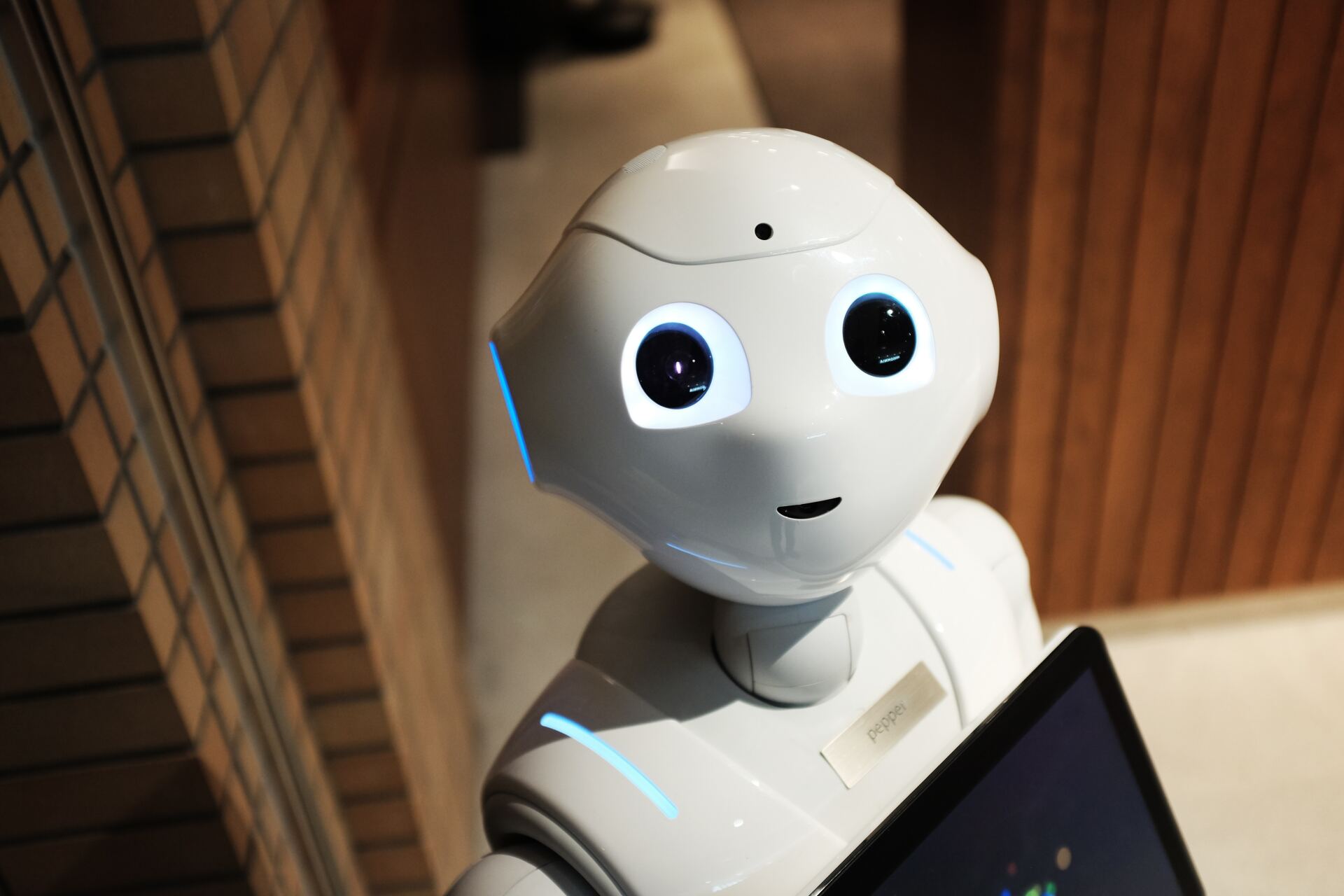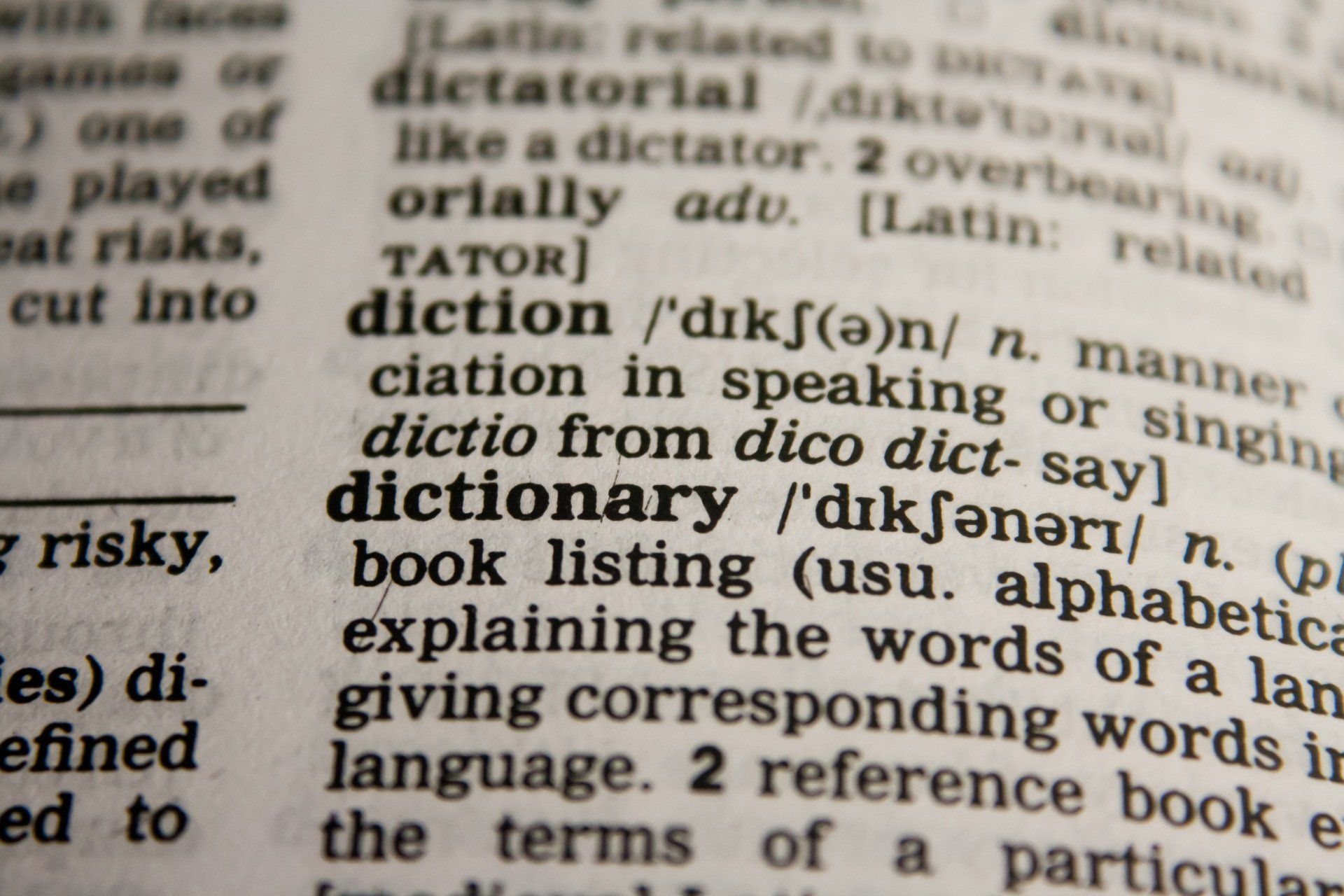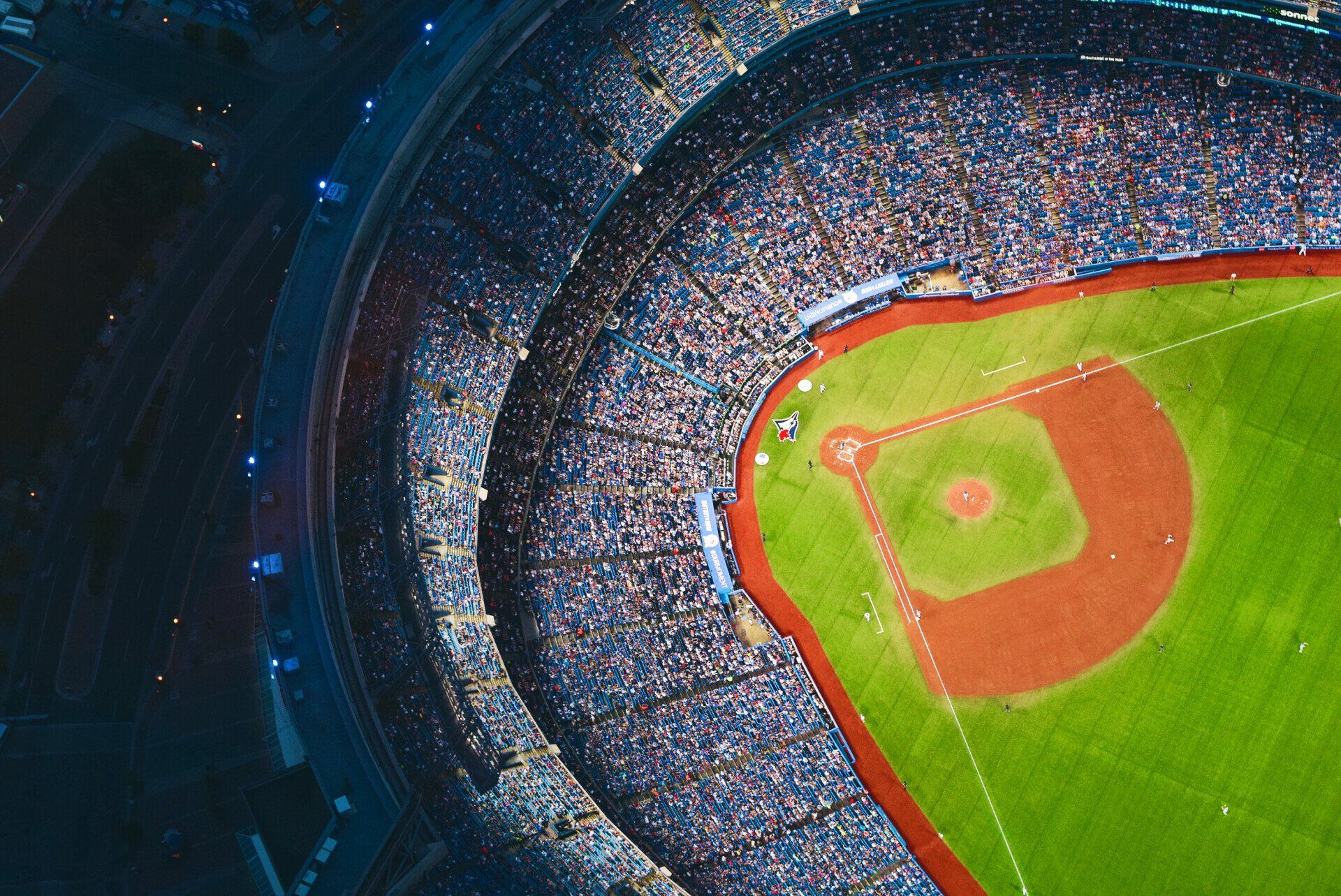AI Questions and Answers
AI Based games are the future

The use of games as benchmarks for AI is a promising avenue for future research. Not only are games designed to challenge a wide range of human cognitive abilities, but they also provide a convenient source of human data for analysis. While board games have traditionally been used as benchmarks, the shift towards video games presents a richer set of challenges for AI. However, the development of more general AI agents that can play any game requires a diverse set of benchmarks and competitions that reflect the vast array of video game genres. Furthermore, the potential roles of AI in game design go beyond providing skillful opponents.
By leveraging advanced AI algorithms, game design can be adapted to create a new generation of AI-augmented games. However, commercial game development has yet to fully embrace the possibilities of AI, largely due to the industry's reliance on design blueprints from decades ago when effective AI on consumer hardware was not feasible. To harness the potential of modern AI, there needs to be a shift in thinking about game design and the roles that AI can play, including generating game content and modeling players' preferences and behavior.
The study of games and AI for games also provides insight into human thinking and machine thinking, making game design a cognitive science. Overall, games offer a promising avenue for advancing AI research and understanding intelligence.
AlphaStar: Developed by DeepMind, AlphaStar is an AI system that has demonstrated the ability to play the real-time strategy game StarCraft II at a professional level, defeating some of the world's top players. This game has become a benchmark for testing AI agents and will continue to shape the future of AI-based games.
Minecraft AI: Microsoft has been working on creating AI agents that can play Minecraft, a popular open-world game. These agents are trained using reinforcement learning techniques and have the ability to perform tasks such as navigation, tool use, and crafting. This game has the potential to shape the future of AI-based games by allowing for more complex, open-world environments.
OpenAI Five: OpenAI has developed an AI system called OpenAI Five, which can play the complex team-based game Dota 2 at a professional level. This game has become a benchmark for testing AI agents and will continue to shape the future of AI-based games.
MuZero: Developed by DeepMind,
MuZero is an AI system that can play a wide range of board games, including Chess, Go, and Shogi. MuZero uses a combination of deep neural networks and Monte Carlo tree search to learn the rules of the game and develop its own strategies. This game has the potential to shape the future of AI-based games by allowing for more complex and diverse game types. DeepCubeA: Developed by researchers at MIT,
DeepCubeA is an AI system that can solve the Rubik's Cube puzzle in a fraction of a second. This game has become a benchmark for testing AI agents and will continue to shape the future of AI-based games.
AIVA: AIVA (Artificial Intelligence Video Analysis) is an AI system developed by IBM that can analyze video footage of sports games and provide real-time insights to coaches and players.
AIVA has the potential to shape the future of sports games by allowing for more realistic and dynamic gameplay.










